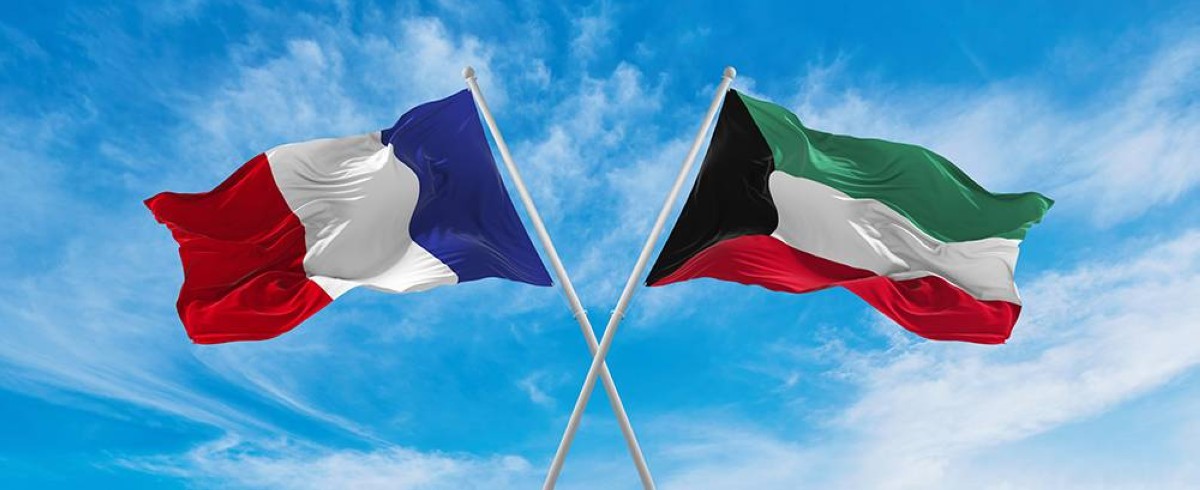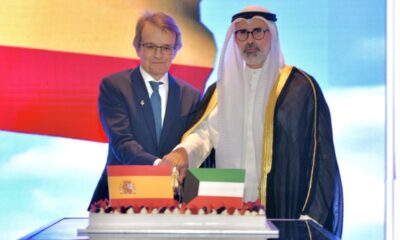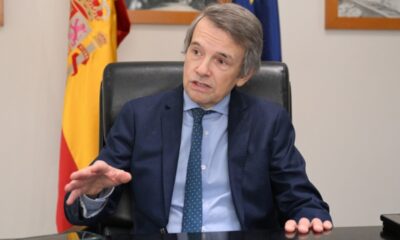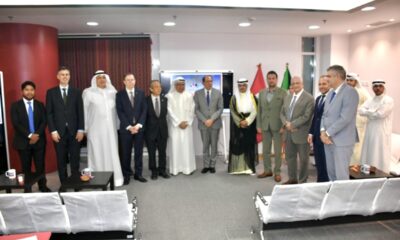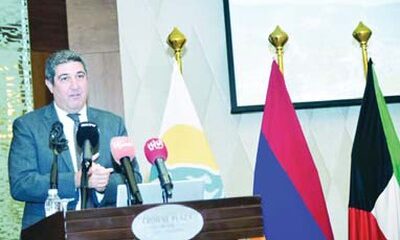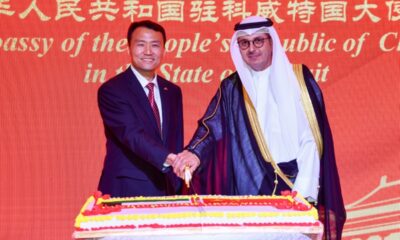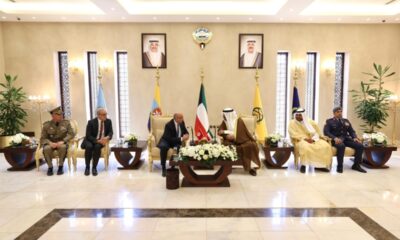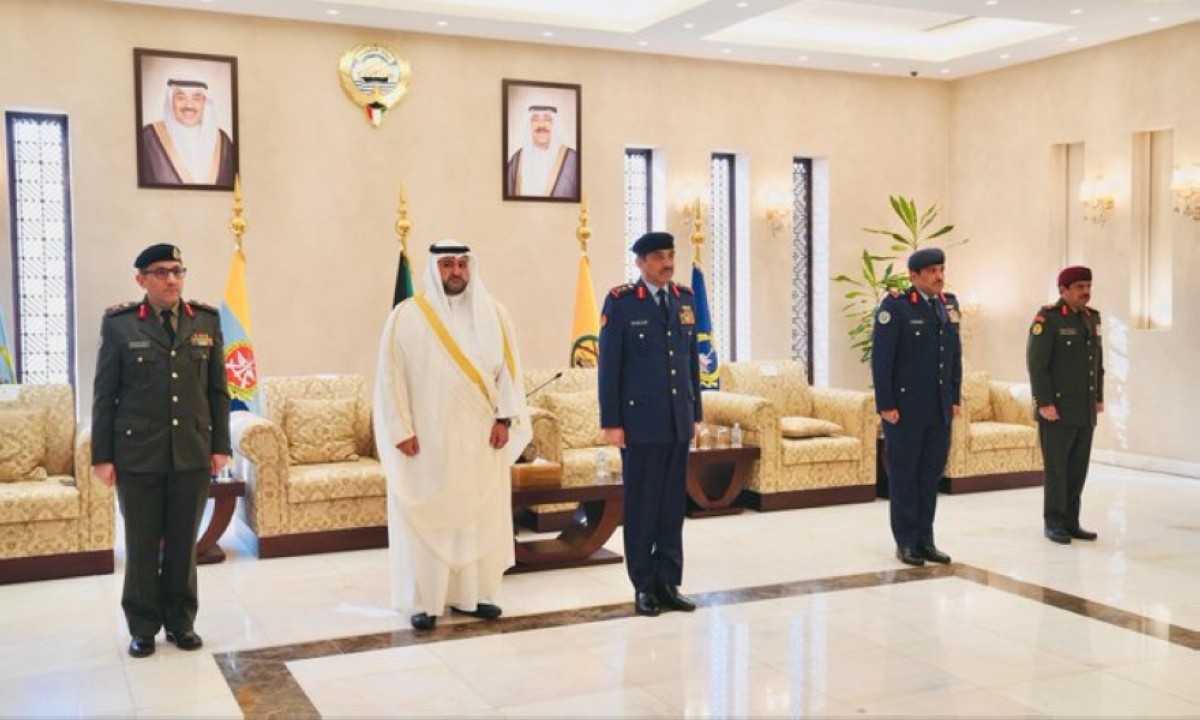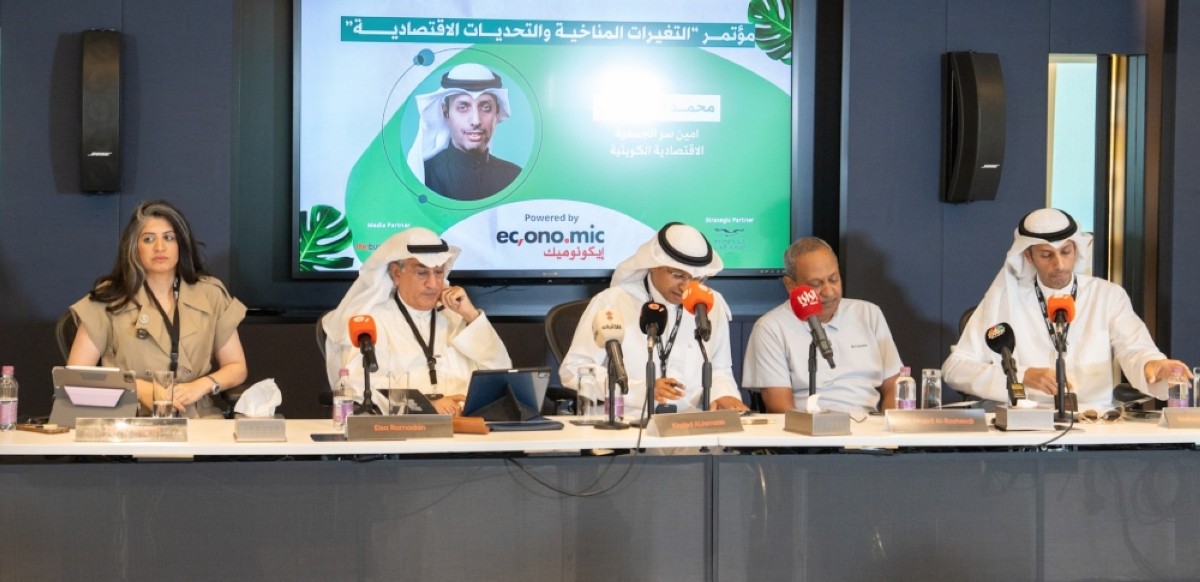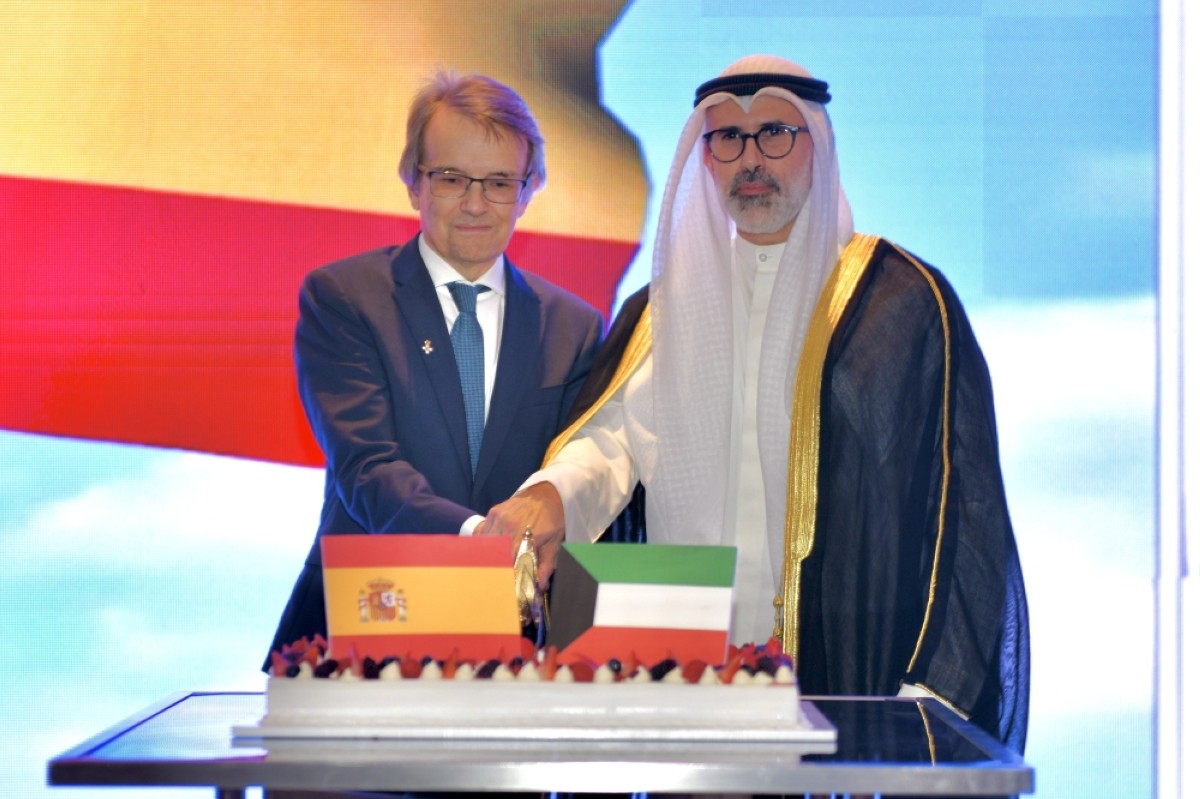KUWAIT: His Highness the Amir Sheikh Meshal Al-Ahmad Al-Jaber Al-Sabah is scheduled to begin an official visit to the friendly Republic of France on Sunday.
It is His Highness the Amir’s first such visit to the European nation and comes to mark leaders of the two countries’ keenness on cementing and developing these ties at various levels.
The French-Kuwaiti relations date back to August 28, 1961, when Paris assigned its Beirut ambassador as envoy to Kuwait and established commercial representation in the Gulf State before establishing the diplomatic ties with Kuwait in 1967.These relations, over the past seven decades, developed in all fields, culminating with Paris’ stand of support for Kuwait in 1990 when the late president Francois Mitterrand declared, on August 26, 1990, that the sovereignty of Kuwait is non-negotiable and dispatched some 18,000 troops to the region to partake in liberating the country.
Senior leaders and officials of the two countries, since establishing the relations, have reciprocated visits. The late Amir Sheikh Jaber Al-Ahmad Al-Jaber Al-Sabah had visited France several times, lastly in September 1989, when he held talks with the officials in Paris on promoting the bilateral relations in diverse sectors.
The late Amir Sheikh Jaber had later visited France in October 1990, during the flagrant Iraqi occupation of the country, and in October 1991 to express gratitude and appreciation of the French support for the just Kuwaiti cause.
He had also gone to France in November 2006 where he met with President Jacques Chirac and senior officials, discussing means of cementing the bilateral relations and issues of common interest.
In January 2017, the (ex) first deputy prime minister and minister of foreign affairs, Sheikh Sabah Khaled Al-Hamad Al-Sabah, took part in the international conference for peace in the Middle East, held in Paris.
On April 24, French Foreign Minister Jean-Noel Barrot came to Kuwait where he held talks with the Minister of Foreign Affairs Abdullah Al-Yahya on ways of strengthening the relations, in addition to signing a number of accords and memoranda of understanding in diverse spheres.
The Kuwaiti Embassy in France took part in the Gulf Vision Conference (2025), held in France under sponsorship of President Emmanuel Macron, aimed at bolstering the European nation’s partnership with the GCC states amid rapid changes in the global economy and mutual efforts to broaden the economic relations.
France is a major investor in Kuwait’s energy, infrastructural, transport, health and cosmetics sectors, with the number of the French companies operating in the Gulf country accounting to 50 percent of the European companies.
France and Kuwait had signed several agreements in different sectors namely in taxation, first inked in 1973, in addition to an agreement for protecting and boosting investments, ratified by the two governments in 1989. In June 2017, Kuwait and Paris signed an agreement for executing measures of the taxation treaties.
France mainly exports to Kuwait cosmetics, perfumes, clothes, vehicles, food and aviation equipment.
At the military level, Kuwait eyes France a strategic ally especially since Paris took part in the international coalition for liberating the country in 1991, along with subsequent defense treaties.
In August 1992, the two countries signed a defense treaty regulating cooperation and stipulating that Paris pledges to stand on Kuwait’s side against any external aggression. It also tackled the holding of military training and maneuvers, exchanging expertise. Moreover, they had signed another accord in December 2006 on defense cooperation.
In the health sector, a delegation of Nice University visited Kuwait and held talks with local health official on enhancing the cooperation and expertise swap. In April 2025, Minister Health Dr. Ahmad Al-Awadi signed a MoU with Gustave Roussy Hospital.
At the level of scientific and cultural cooperation, the two countries had signed several MoUs and accords to increase number of the Kuwaiti students studying in France, partake in cultural activities and exchange experience in the field. — KUNA




